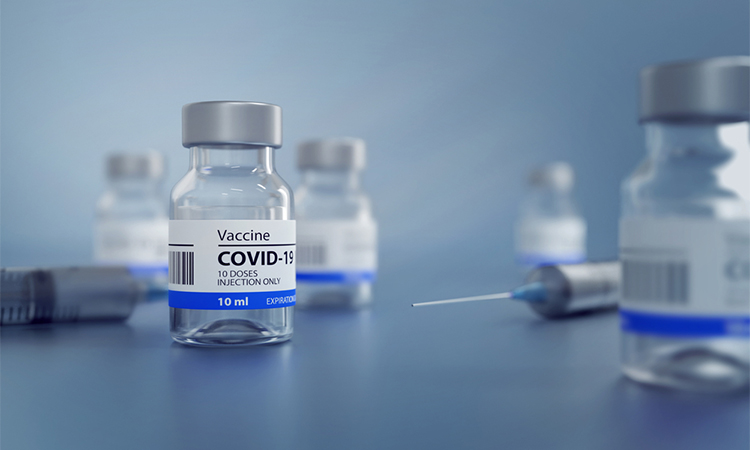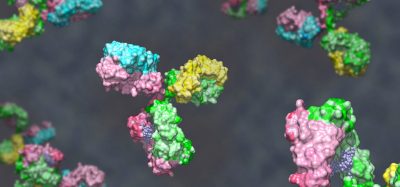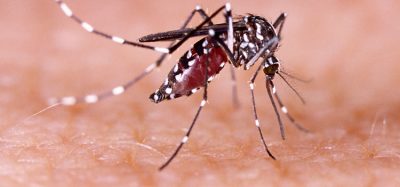New generation of COVID-19 vaccines show promising results
Posted: 25 August 2022 | Ria Kakkad (Drug Target Review) | No comments yet
Researchers have designed a COVID-19 vaccine to be less sensitive to mutations and equipped for future strains.


A challenge to the current COVID-19 vaccines is the virus’s evolution and mutability. Most of the vaccines are based on using parts of the coronavirus’s spike protein to trigger the body’s immune response to the virus. It is a good quality vaccine protein to use, but it is the spike protein where frequent mutations occur, which can impact the vaccines’ effectiveness.
Now, researchers at the Karolinska Institutet, Sweden are therefore developing a vaccine containing more parts of the virus, including ones that do not mutate at the same rate as the spike protein.
The vaccine is a DNA vaccine, which means that it comprises DNA sequences which when injected into the body, it makes the cells produce the proteins that the DNA sequences contain instructions for. In this case, it concerns DNA for parts of the spike protein from three different coronavirus variants and DNA for another two virus proteins, called M and N, where mutations are less common.
The researchers show that the vaccine protects mice against serious infection from the Beta variant of SARS-CoV-2, a variant that can evade the immune response, and activates T cells that recognise the coronavirus found in bats.
According to the report, recently published in EMBO Molecular Medicine, “vaccine-induced spike antibodies cross-reactive between huCoV-19/WH01, Beta, and Delta spike proteins that neutralised huCoV-19/WH01, Beta, Delta and Omicron virus in vitro. The vaccine primed nucleoprotein-specific T cells, unlike spike-specific T cells, recognised Bat-CoV sequences. The vaccine protected mice carrying the human ACE2 receptor against lethal infection with the SARS-CoV-2 Beta variant. Interestingly, priming of cross-reactive nucleoprotein-specific T cells alone was 60 percent protective, verifying observations from humans that T cells protect against lethal disease.”
The researchers hope that the COVID-19 vaccine can one day be used as a booster.
Related topics
Antibodies, Vaccine
Related conditions
Covid-19
Related organisations
Karolinska Institutet








